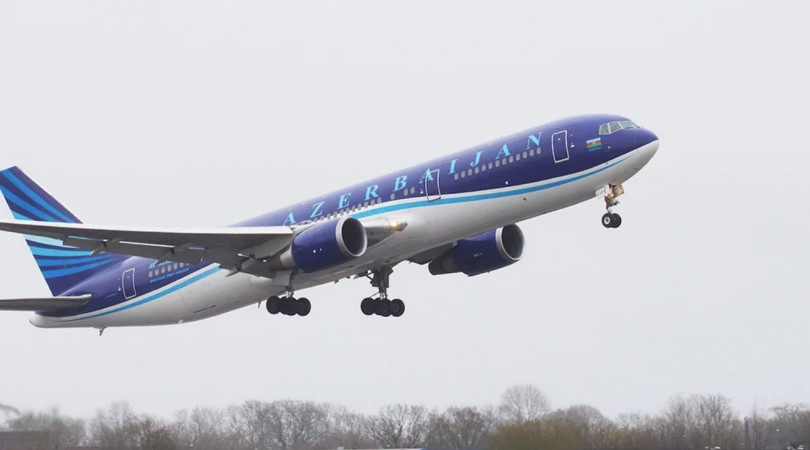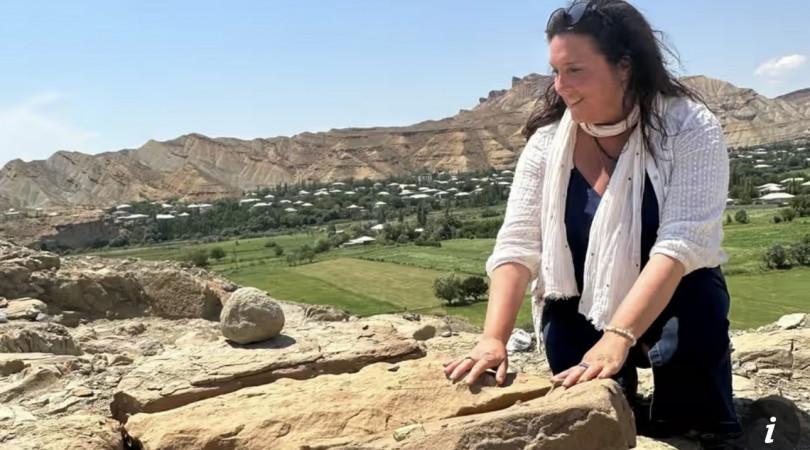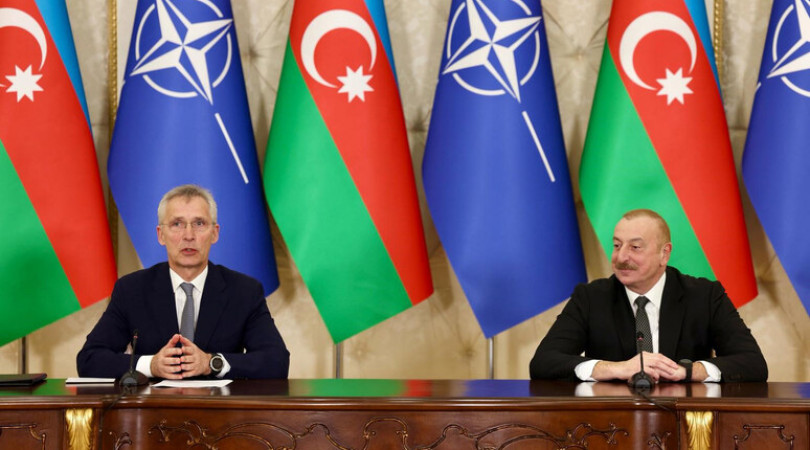Azerbaijan – a land of oil, of progressive thinking and of landmines
To mark April 4th - the International Day of Mine Action Awareness, MP Matthew Offord, Chairman of All Party Parliamentary Group on Explosive Threats has written an article titled “Azerbaijan – a land of oil, of progressive thinking and of landmines”:
In military doctrine, a landmine is a weapon of denial. Its use denies an opposing army access to the battle ground. The difficulty is, it is an indiscriminate weapon. It will kill or maim anyone unfortunate enough to step on it, whether that is soldier, farm worker of child. And when the conflict is done a landmine can remain in the ground for years. Centuries even.
Over the last few years and in various conflicts around the world, the threat of landmines has been augmented by other forms of explosive weapon – cluster munitions, which spread ‘bomblets’ over a wide area and improvised explosive devices (IEDs) so loved by terrorist and insurgent groups.
So called ‘conventional’ weapons of war such as explosive shells, missiles, aerial dropped bombs and drones can and often do fail to explode adding their fatal potential to the equation.
So we find at the end of a war, large swathes of land, destroyed towns and villages which need to be cleared of these unexploded remnants of war.
In May last year I visited Azerbaijan to attend a conference on the Sustainable Development Goals and the role that the clearance of explosive detritus can play in achieving them.
It was during this visit that we were taken to the area of Nagorno Karabakh and the city of Agdam. Or rather, the ruins that were once the city of Agdam.
During the almost 30 year long conflict with Armenia, thousands of mines were laid, and thousands of bombs, missiles and shells were dropped in the area.
With the help of international NGOs, and half a million pounds of funding from the UK Foreign & Commonwealth Office, the Azerbaijan National Authority on Mine Action are slowly clearing away the unexploded remnants. Over 19,000 hectares of land and over 55,000 explosive devices have so far been cleared. There is still a huge amount to do and as new technologies come into use the process of clearance should speed up considerably.
The work of ANAMA is fast becoming an example of best practice in mine-action, so much so that the UK Ministry of Defence have used the Azerbaijan model to develop one similar for Ukraine once that conflict is brought to an end.
The appalling consequence of war is that the people who suffer disproportionately are the innocent civilians caught in the middle. Their homes are destroyed, their families are ripped apart, their livelihoods decimated – and often their lives are lost.
It is imperative that the international community and the UK in particular, are there to help the survivors of conflict return to and rebuild their homes, to rebuild their lives, to rebuild their communities, and to rebuild their countries.
What I saw in Azerbaijan was an example of mine-action at its most effective..
In May again as chair of the APPG on Explosive Threats, I will be leading a delegation back out to Azerbaijan to show my fellow Parliamentarians the work of ANAMA and consider the opportunities for the United Kingdom to play a leading role when it comes to replicating the work in Ukraine.
A visit I am very much looking forward to.


















